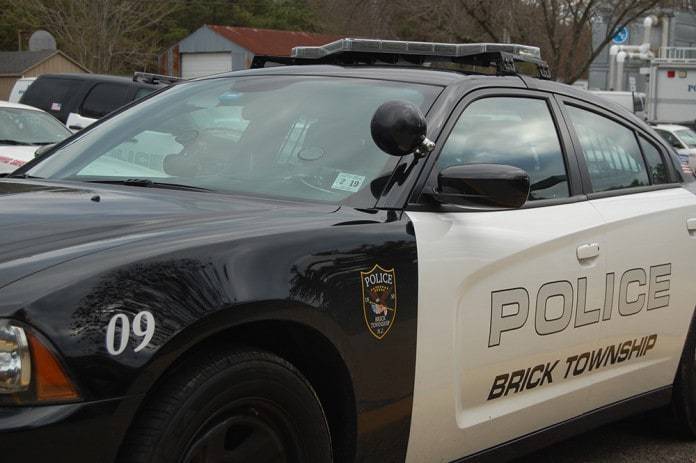
Editor’s note: Brick Police Chief James Riccio clarified comments reported in this article. Brick Police do not proactively look for illegal immigrants, and they follow the Attorney General guidelines on notifications to ICE. A misleading statement in the original article suggests that the police chief would look for a directive to assist Federal law enforcement agencies. That is not correct. Riccio clarified that if any law enforcement agency comes into the town and requests the assistance of the department, police will assist them. That includes federal, State county or local agencies.
BRICK – With reports of undocumented immigrants keeping a low profile since the Trump administration recently said it would “enlist local police and sheriff’s departments to help catch undocumented immigrants as it broadens the categories of people the federal government would seek to deport,” there have been no mass roundups in town, said Police Chief James Riccio.
“We don’t go out proactively looking for undocumented immigrants, and we won’t unless the Federal government changes the law,” he said in a phone call on February 28.
Riccio said the police department follows the Attorney General’s guidelines to state and local law enforcement agencies on Federal immigration laws that say authorities should be notified if an undocumented immigrant is arrested.
“If they commit certain criminal acts, such as a DUI, and we find out they’re not legal, that they don’t have a visa, we’re supposed to contact ICE (Immigration Customs Enforcement). That’s been our standard procedure all along,” said the police chief.
 “If we get a directive from the Federal government, we’ll assist them, but so far, we haven’t,” Riccio said.
“If we get a directive from the Federal government, we’ll assist them, but so far, we haven’t,” Riccio said.
In 2007, the New Jersey State Attorney General’s office issued a directive to state law enforcement agencies stating that local police must inquire about immigration status after an officer has arrested an individual on serious criminal charges and notify the prosecuting agency and the court if they believe that the arrestee may be an undocumented immigrant.
It also lists specific offenses for when a police officer should ask about the individual’s citizenship, nationality and immigration status after an arrest.
The directive says that police officers should not inquire about someone’s immigration status from any victim, witness or person requesting assistance from the police because “public safety suffers if individuals believe that they cannot come forward to report a crime or cooperate with law enforcement,” it says.
“The biggest issue in Brick is the heroin epidemic, and we’re not seeing undocumented immigrants as a big contributor to this drug problem,” Riccio said.
That’s true, said Ocean County Sheriff Michael G. Mastronardy. The heroin epidemic typically affects a young white population, including reports of overdoses in the Orthodox Jewish community.
Historically, undocumented immigrants are more likely to have physical altercations late at night at celebrations. They have also been known to get involved in gang-related activity, he said.
“It’s up to the U.S. Attorney; we would assist and partner with any law enforcement agency and go by the law,” Mastronardy said in a phone call on February 28. “It’s our job to enforce directives that are given to us.”
He said that before 9-11, if an undocumented immigrant committed a crime, they would be released with a warning to return to their country.
“We wouldn’t detain them, we would scratch our heads, it was frustrating, but since 9-11 ICE has been more responsive,” Mastronardy said.
People think that undocumented immigrants are all Mexicans, but there are Hondurans, Guatemalans and others who cross into the U.S. border through Mexico, he said.






